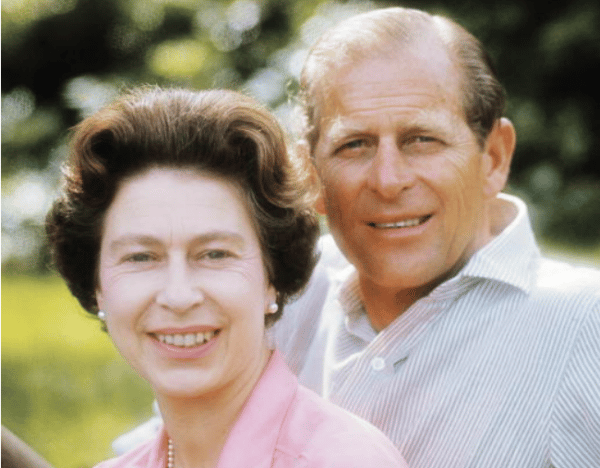As an adult, after making his mark on the royal family and the world-at-large, an interviewer put a question to the notoriously prickly Prince Phillip.
What language did he speak at home?
His reply was simple on the surface, telling in context: “What do you mean, ‘at home’?”
Prince Philip, Duke of Edinburgh and husband of one of the most famous, wealthy and revered women in the world, didn’t grow up in the glow of royalty or in the surroundings of love.
In fact, when journalist Fiammetta Rocco profiled the royal for The Independent in 1992, she remarked as a young boy, the Duke of Edinburgh “was neglected emotionally, and starved of the constant loving attention children need”.
At one point in season two of The Crown, Princess Margaret asks Queen Elizabeth II, “Don’t Philip’s Nazi sisters come back to haunt him? Or his lunatic mother? Or his womanising, bankrupt father?”
Listen: Vanessa Kirby, who plays Princess Margaret on The Crown, tells The Binge host Laura Brodnik about her harrowing experience filming the series.
It was one of the first times the show referenced Prince Philip’s unorthodox childhood, in later episodes delving into the details of what it entailed. So how accurate was the portrayal of his past?
According to royal experts, fairly.
When he was just a baby, Prince Philip’s family were forced to flee Greece where they were a part of the royal family. A military revolt had ousted his uncle from the throne and, as the story goes, the now 96-year-old was smuggled out of the country in a nondescript orange crate. He was the youngest of five, but the first and only son.

